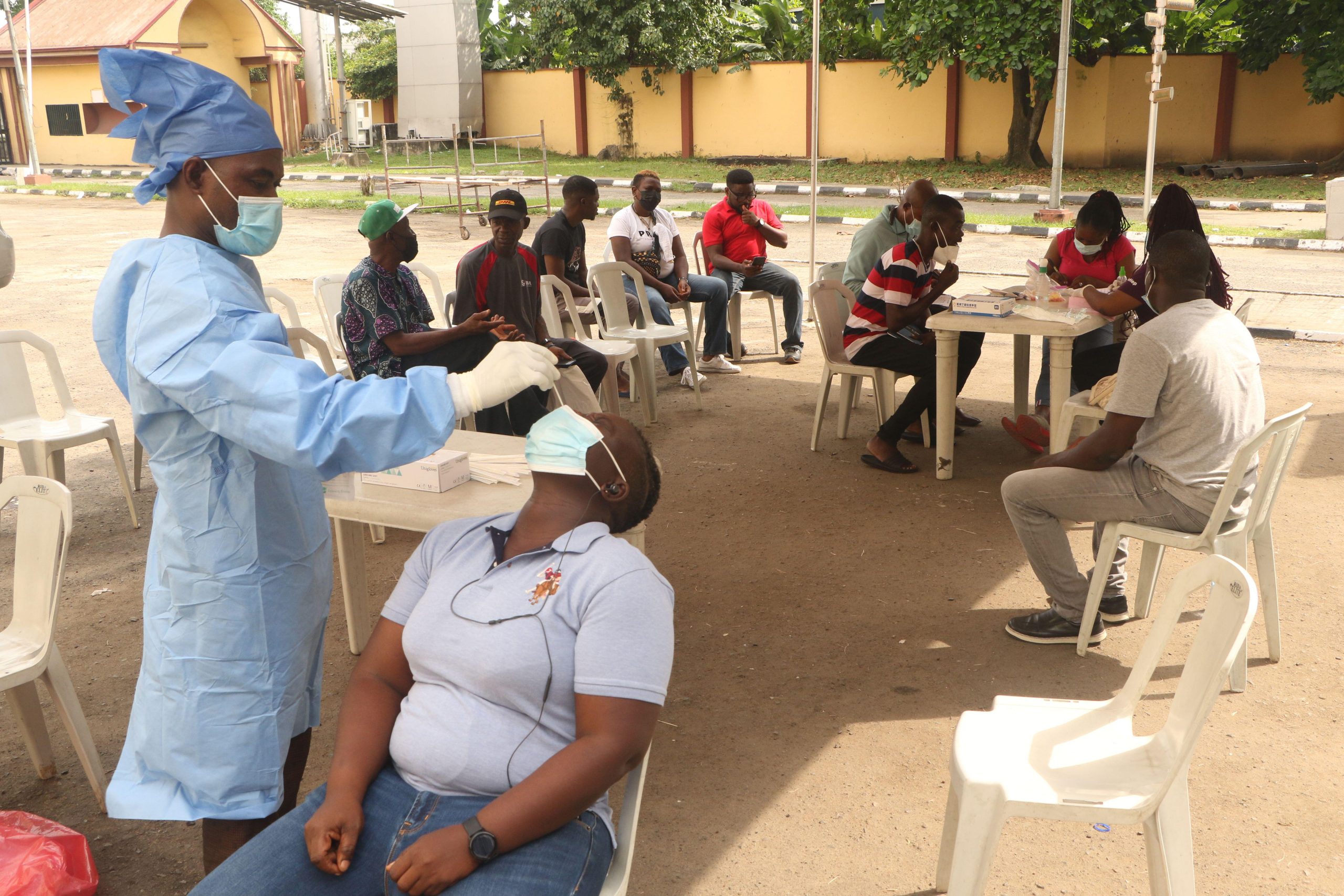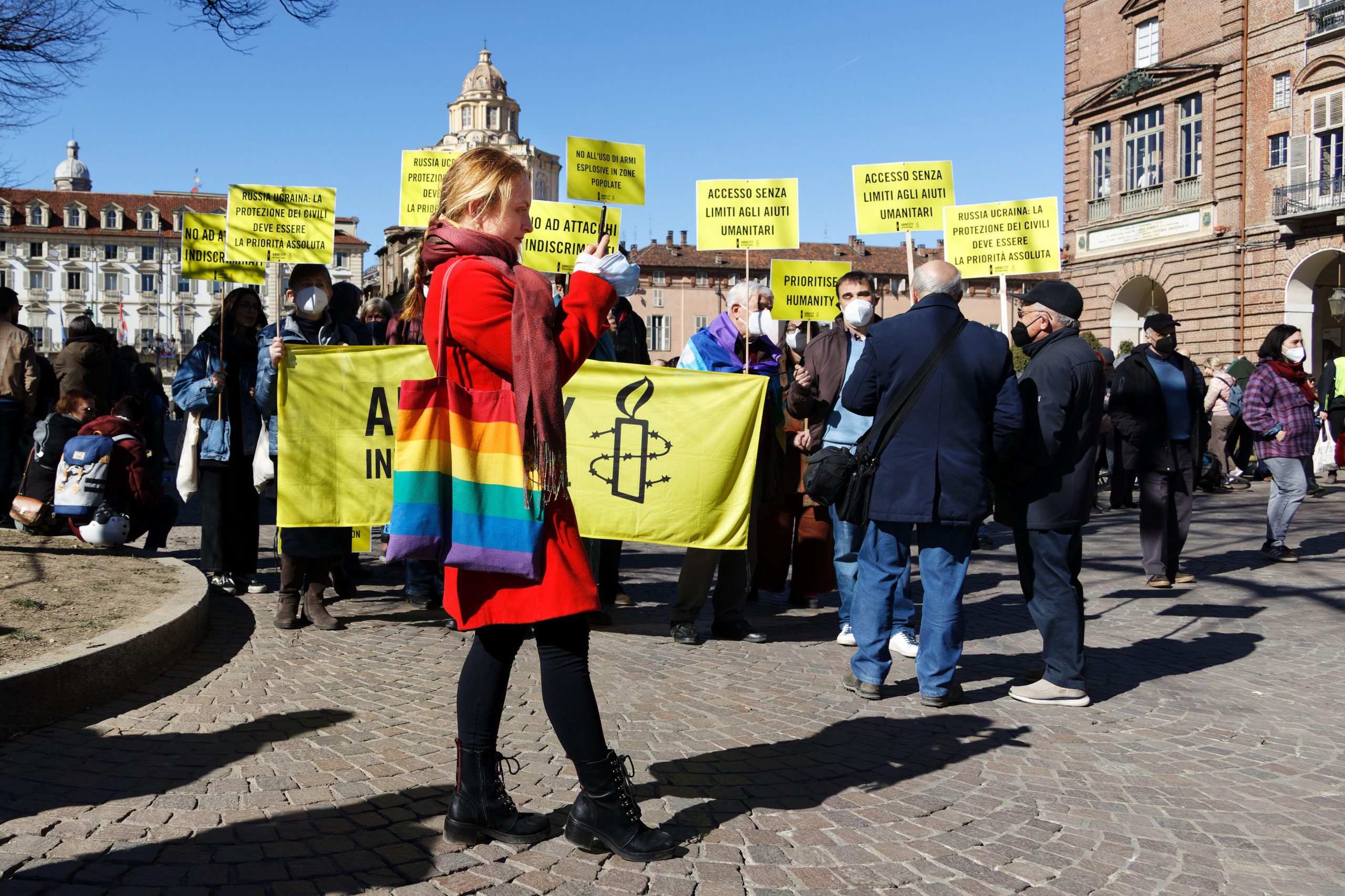In an horrific story that brings to mind the Soviets’ reworking of history, Yenesew Gebre, an Ethiopian citizen, a 29 year-old Ethiopian school teacher and human rights activist set himself ablaze outside a public meeting hall in the town of Tarcha located in Dawro Zone in Southern Ethiopia. He died three days later from his injuries. Later his sister and his father both claimed he had mental health issues (although no record exists of medication or treatment), and no-one was allowed to visit him in hospital. The death certificate, which was not signed by the official hospital coroner (who refused to sign it) stated blood poisoning as the cause of death. There are allegations that this was a faked death certificate.
Yenesew walked out of a public meeting on 11 November , saying the words “I want to show to all that death is preferable than a life without justice and liberty and I call upon my fellow compatriots to fear nothing and rise up to wrest their freedom and rights from the hands of the local and national tyrants.” He then set fire to himself. Yenesew was one of about 50 young men from the area who were protesting the reworking of civil boundaries, and were taking their case to federal courts, in the capital Addis Ababa.
President Meles Zenawi’s immediate response was to send in a reinforcement of some 300 police officers, and to impose a complete news blackout and seal off the town. Telephone services to the town were cut prevent all news of Yenesew’s sacrifice from spreading throughout Ethiopia. Yenesew was buried by police without his family being allowed to attend. Presumably the intention of preventing a public funeral and burying Yenesew in an unmarked grave was to divert attention from the young man’s actions.
This action takes place within the context of Ethiopia’s extremely poor human rights and freedom of expression record. After Eritrea, it is the area where most journalist alerts originate, according to International Federation of Journalists.
In addition to the six journalists held in custody without bail since June 2011, on 14 November, 24 people, including senior opposition politicians and an outspoken Internet journalist, were charged with with plotting terrorist acts to create public chaos. They are accused of violations of Ethiopia’s harsh anti-terrorism law, which has been criticised by human rights and press freedom groups.




